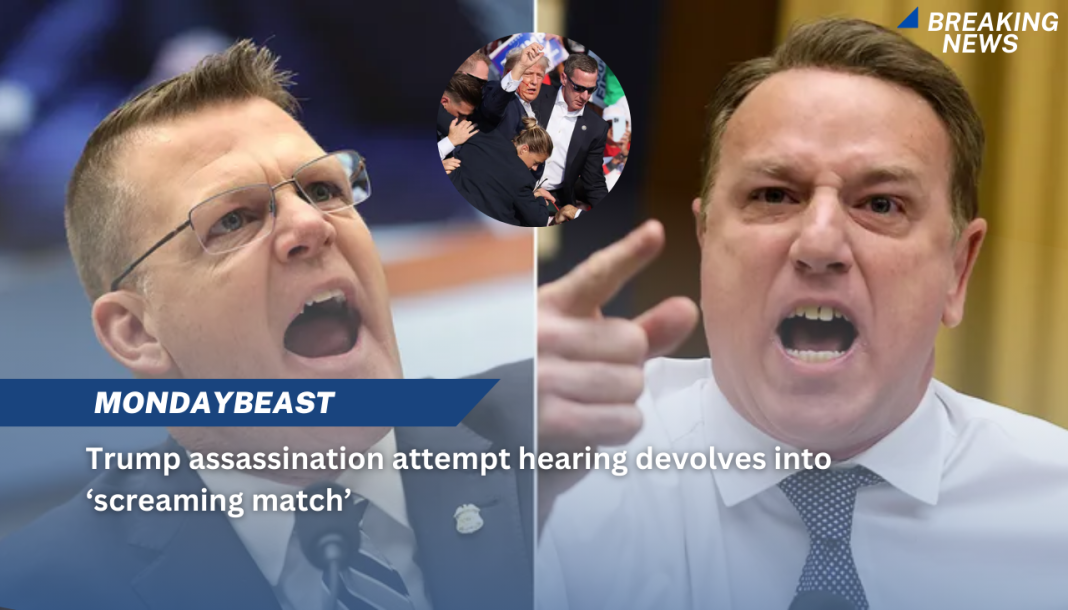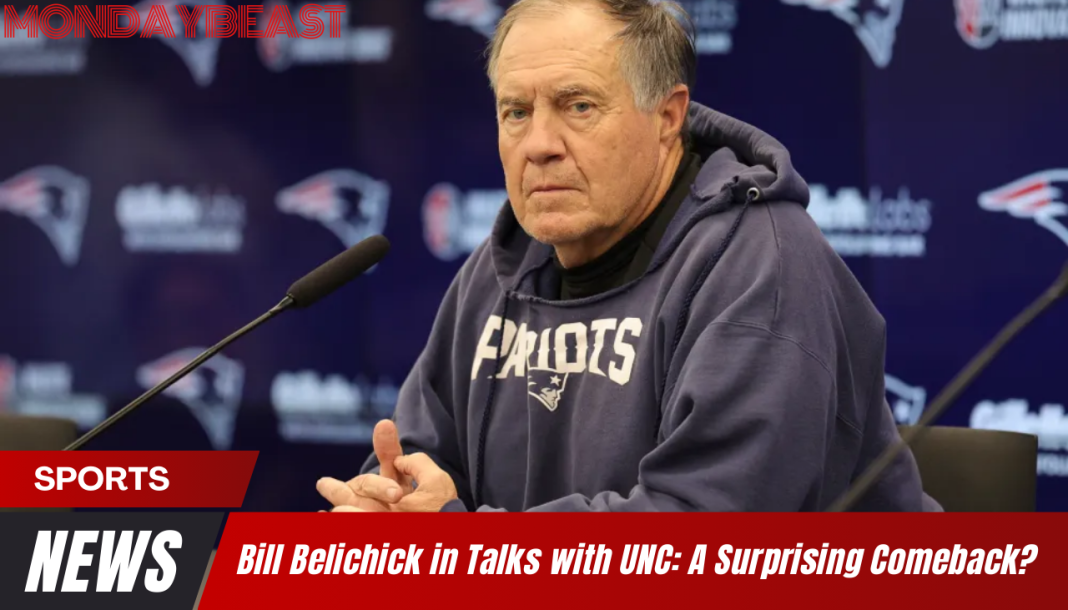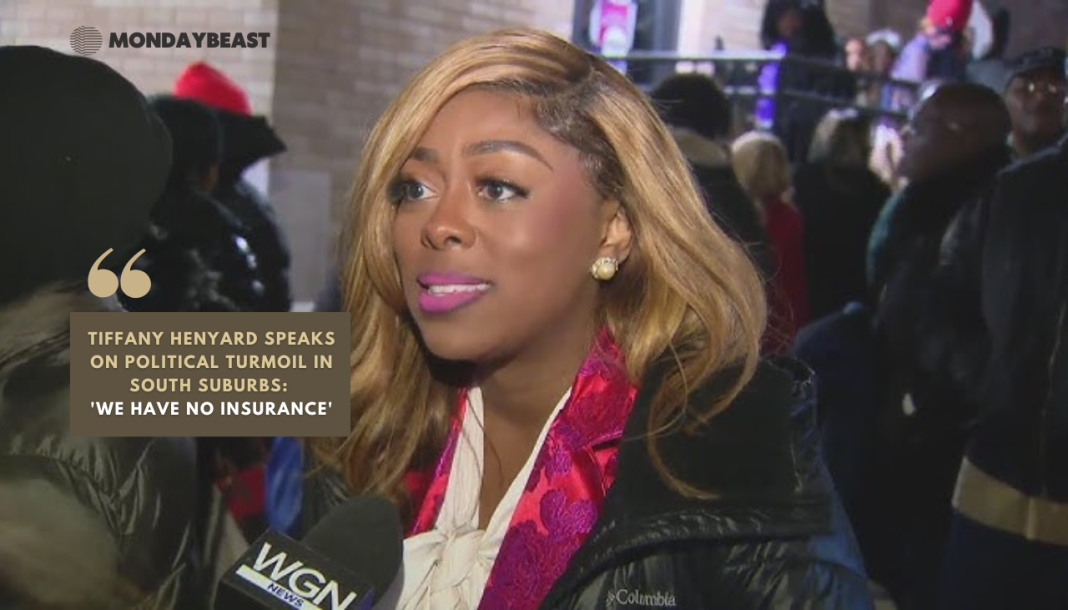In an extraordinary display of tension, a recent hearing over security lapses surrounding Donald Trump’s safety erupted into a fierce confrontation. This hearing focused on two assassination attempts against former President Trump. It highlighted not just the security failures but also deep frustrations between lawmakers and the U.S. Secret Service.
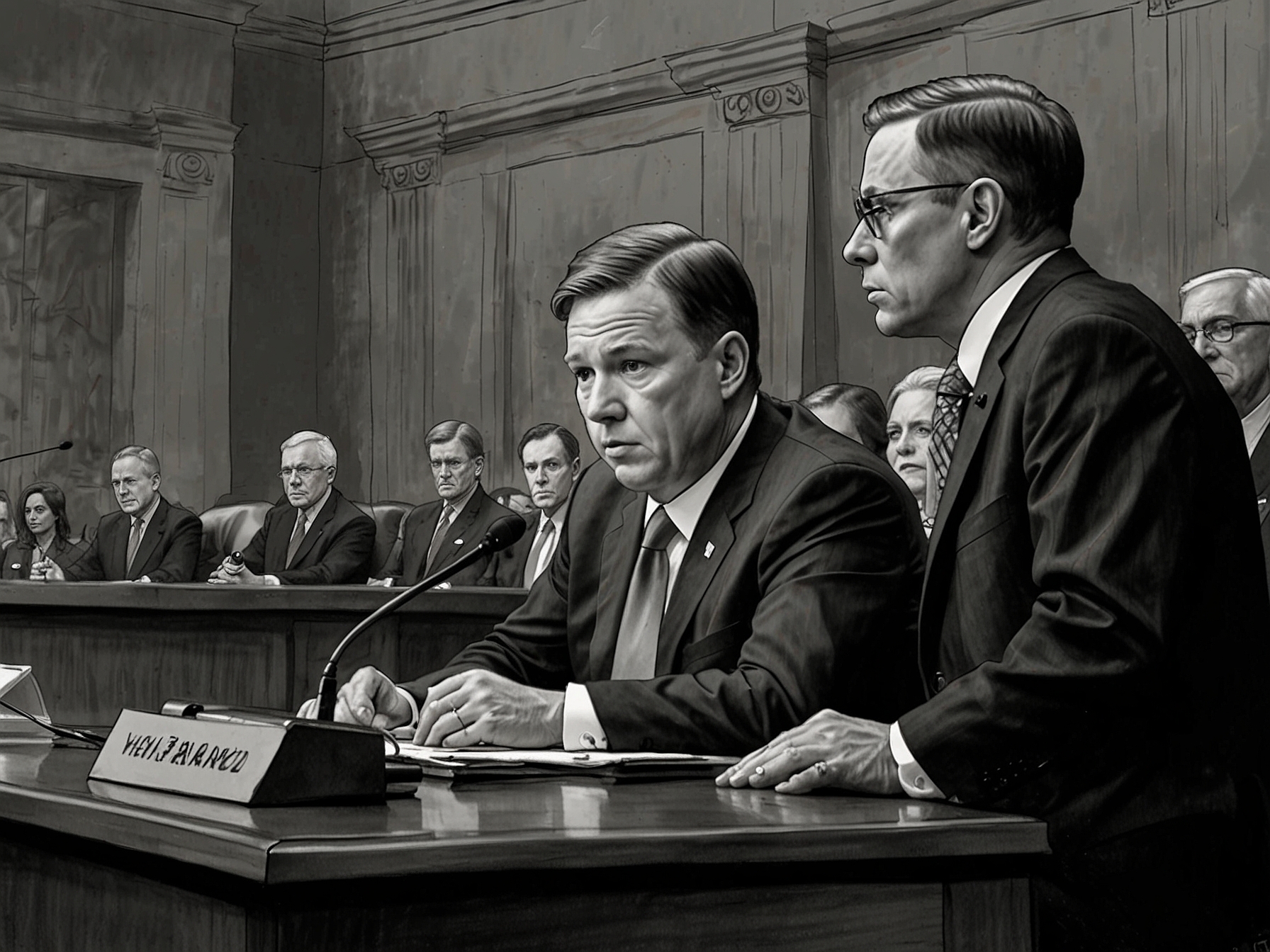
The action unfolded when Texas Congressman Pat Fallon confronted Acting Secret Service Director Ronald Rowe. Fallon grilled Rowe on the agency’s failures that left Trump vulnerable to two shooting attempts. The heated exchange came to a head during a particularly charged moment when Fallon presented a photo from a 9/11 commemoration. In the image, both Presidents Biden and Trump were present, but Rowe was noticeably absent.
Fallon’s critical questioning struck a nerve. “Who is usually at an event like this closest to the President of the United States?” he asked pointedly. Rowe’s frustration boiled over. He argued that the detail was present, just out of the camera’s view. It was an intense moment denoting more than just a disagreement; both were grappling with the weight of their roles in protecting the country’s leaders.
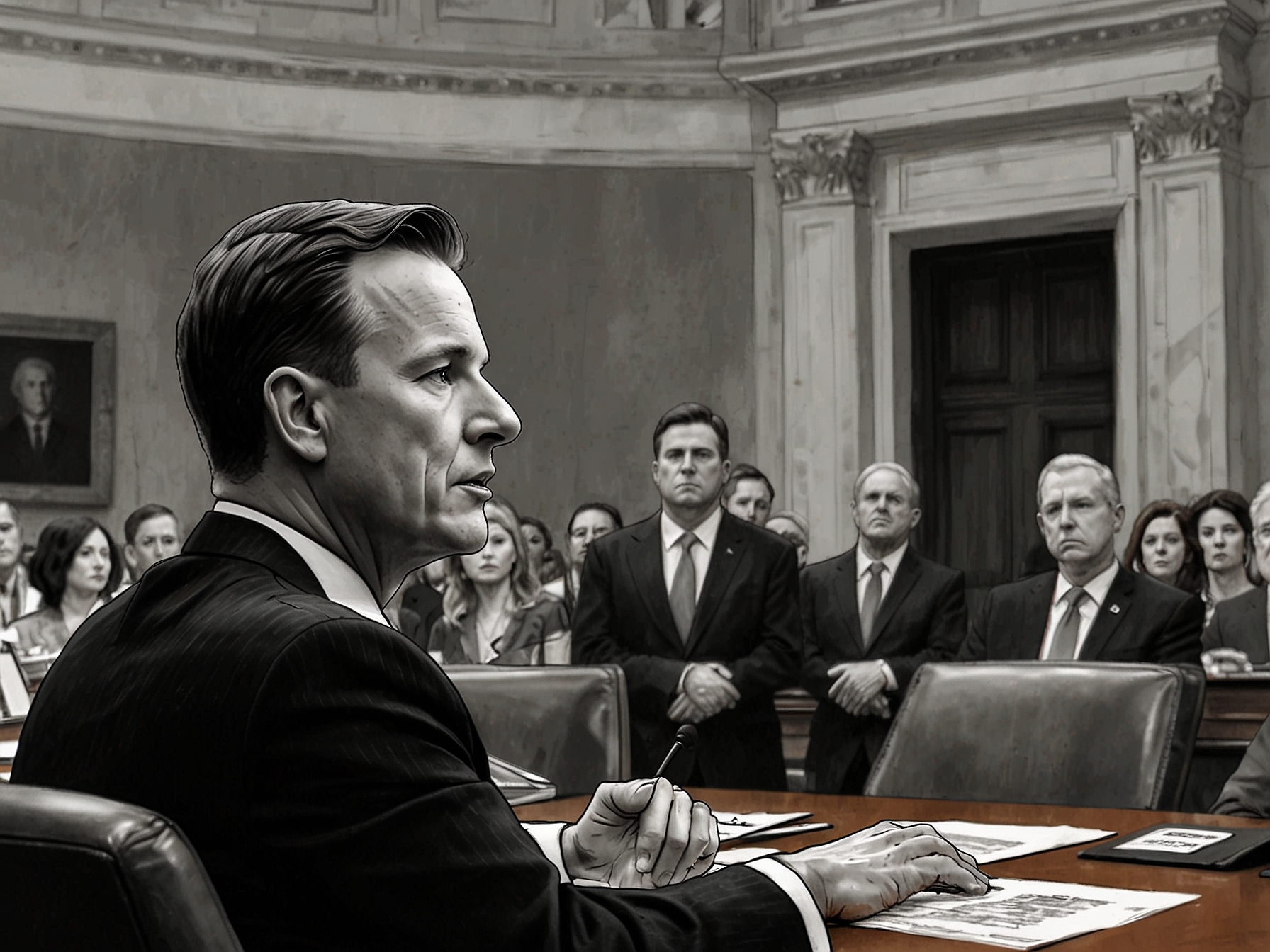
The shouting match escalated, with Rowe accusing Fallon of politicizing a sacred day. Rowe asserted, “That is the day where we remember more than 3,000 people that have died on 9/11. I actually responded to Ground Zero.” He relayed a personal experience that added a deeper layer to his words. The gravity of his past seemed to hang in the air as Fallon rebuffed him.
Things became edgier as Fallon pushed for a simple answer: Was Rowe the special agent in charge on that significant day? As they volleyed questions, it was evident that this was about more than just a job title; it was about accountability. Fallon insisted that Rowe’s silence was evasive, a tactic employed to dodge scrutiny amid the chaos.
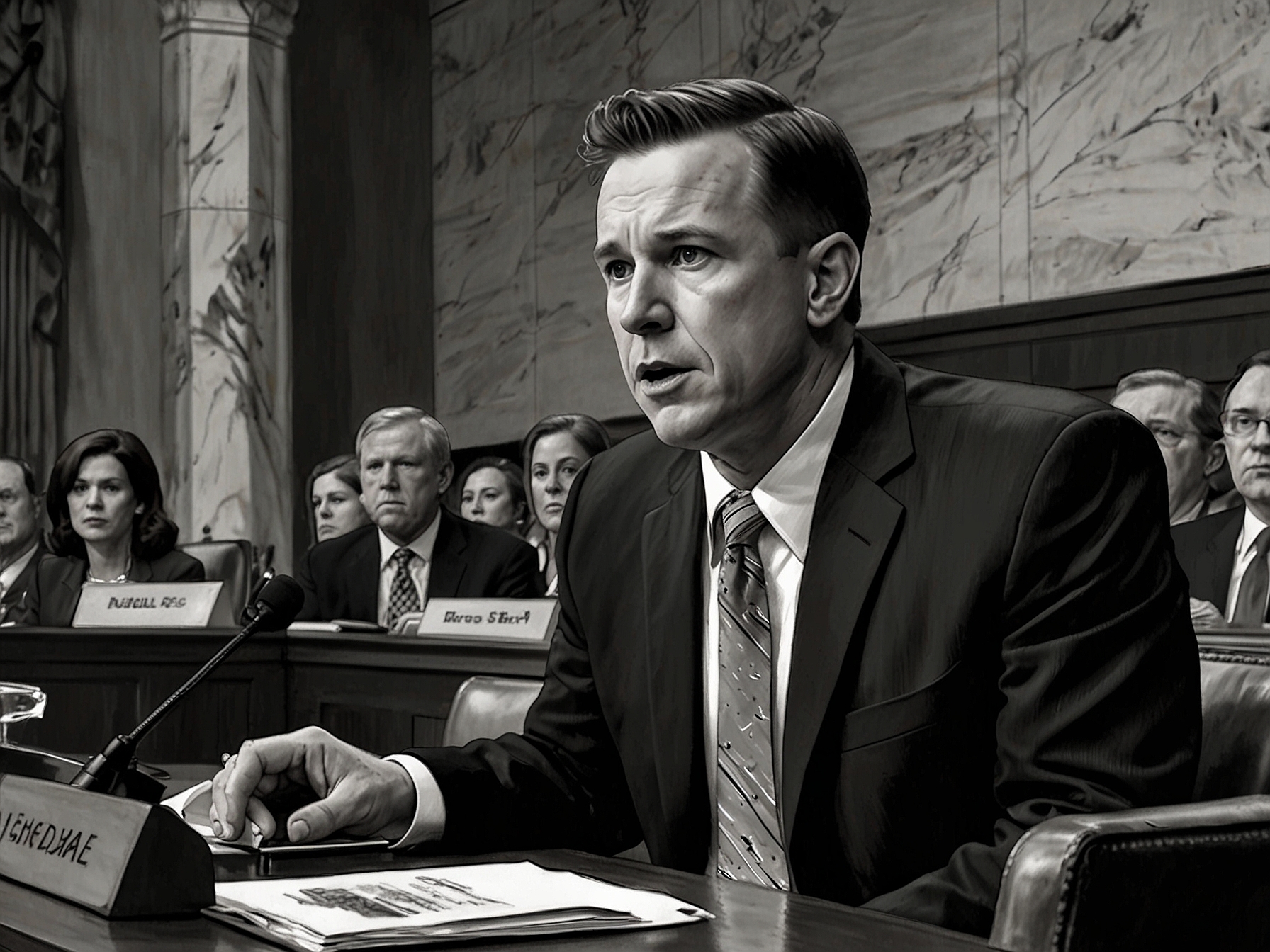
Outside the hearing room, Fallon’s thoughts reflected a widespread sentiment. He spoke to Fox News, suggesting Rowe seemed to be positioning himself for a permanent role. “There’s no reason for him to be there,” said Fallon, highlighting a culture within the Secret Service that seemed questionable. Was the agency more concerned about optics than its core mission?
Fallon’s comments raised a crucial point. In a post-Trump era, how is the Secret Service redefining its role? The hearing exposed fractures within the agency’s leadership structure that might trail back to systemic issues. With potential risks lurking in the shadows, the agency needs leadership that instills confidence, not division.
This dramatic altercation serves as a reminder of the pressures faced by those charged with the protection of national leaders. In the political arena, where every action is scrutinized and every failure magnified, how do agencies like the Secret Service maintain integrity while under such heat? These urgent questions will not vanish after a single spat.
As the investigation unfolds, lawmakers from both sides will likely continue their inquiry. Keeping our leaders safe is paramount, and it must be done transparently. How do we balance the necessity for security with the expectations of accountability from those sworn to protect? The implications of this hearing may resonate well beyond the confines of Capitol Hill, reshaping the future of the Secret Service and the expectations of our elected officials.

